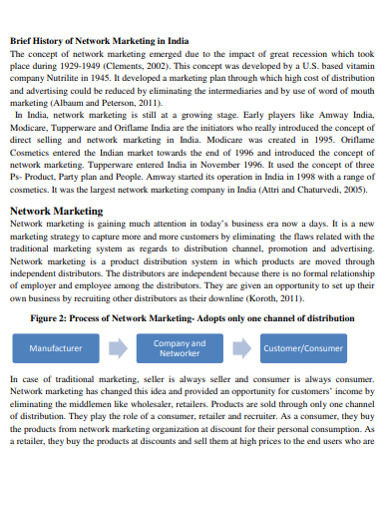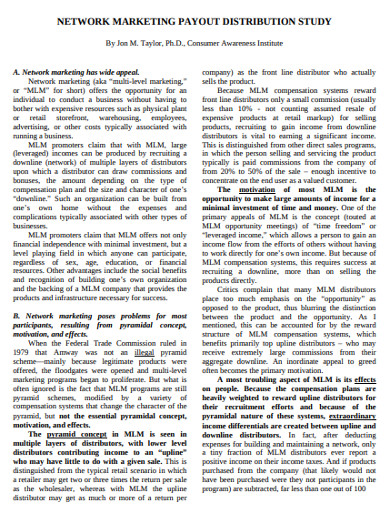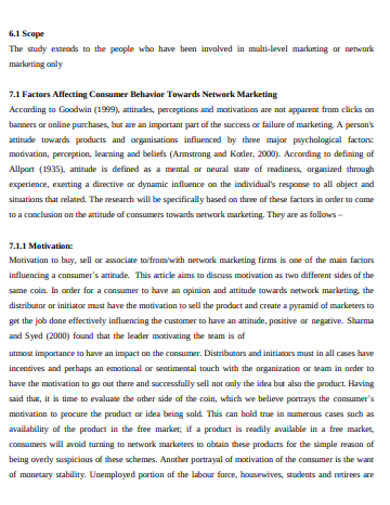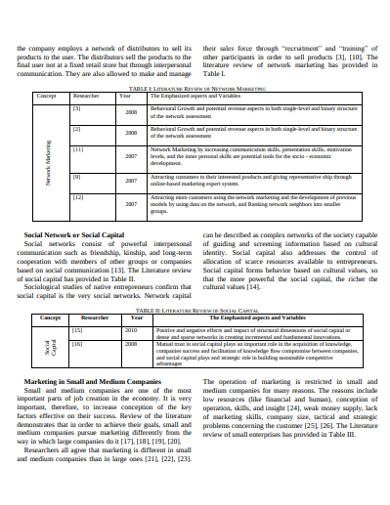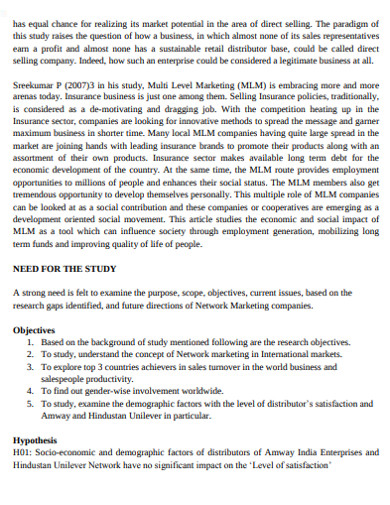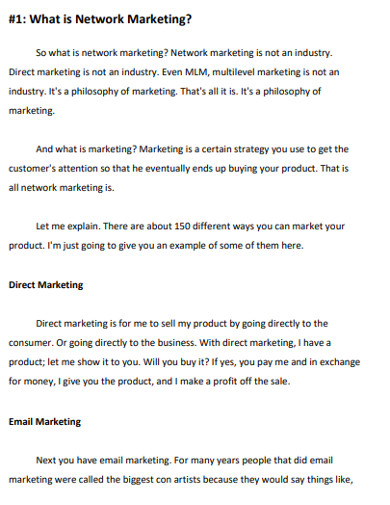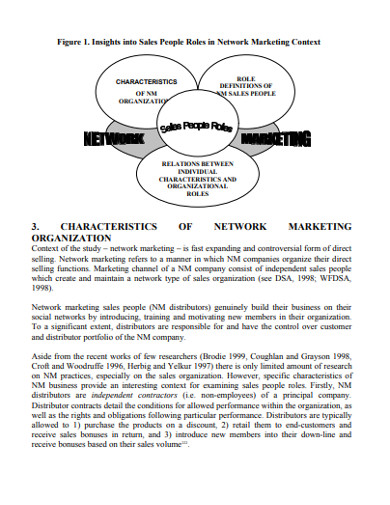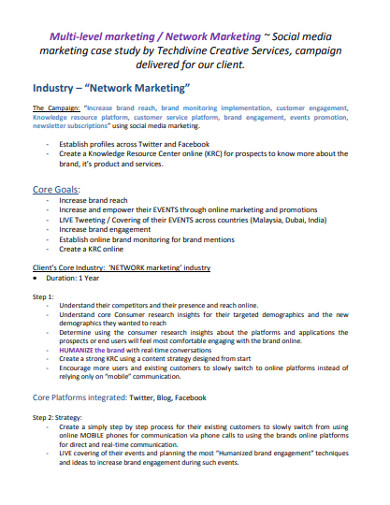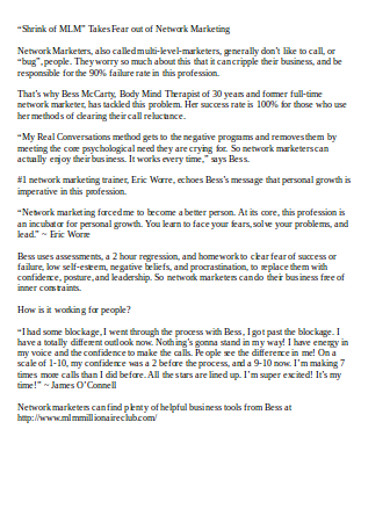Network Marketing
Everyone wants some kind of VIP treatment, from instant dinner reservations to skipping the waiting line. Being connected to someone can get you a lot of perks. Nothing beats the pleasure of being treated like someone extra special. There is always a sweet sensation to having friends in high places. Having friends that are higher-ups could mean convenience. That is why people try to extend their network. Befriending someone because you know you can help each other out is a social tactic used by many influential people. Moguls and tycoons use networking strategies as a way to find future partners and investors. And when you get connected, you’ve got access to the in crowd.
In the business world, networking is a common method used for marketing. There is a simple way to remember it; the technique is called network marketing. Network marketing jobs are very flexible; that is why it a common choice for part-timers and those looking for a sideline job. This marketing strategy relies on its distributors and sellers to help the company grow. It only takes a small upfront investment to start you off. All you need to do next is sell and endorse the network marketing company’s products to your contacts and make your own section of the network. Although easy money might be motivational, you still need to be careful not to be called a pyramid scheme.
Levels of Success
Connections and networks involve a multitude of extensions. The network marketing industry works with multi-leveled and multi-tiered connections. You may think that they all follow the same process, but there are some notable differences. The main elements that differ are usually the lead generation, recruitment, and growth. Studying each type of tier can business owners decide if network marketing is for them.
- Single-tier – single-tier networks are focused on direct selling. This doesn’t require you to recruit anyone else; you just need to sign-up and start selling. One of the most popular single-tier marketing companies is Avon.
- Two-tier – in two-tier network marketing, recruitment is now present. This type of network marketing does not only rely on getting new employees, though. This marketing work plan gets you paid for the sales you make, and the sales of those that work under you. This could mean double the pay for you if your distributors get the job done.
- Multi-level – this distribution-based type of marketing strategy involves two or more tiers. Using multi-level marketing can get you networks up to five-tiers deep. This way, you can make money five times as much as single-tier networks. You might even get recruitment incentives.
10+ Network Marketing Examples
Do you need a plan for a small business? Do you want to venture into network marketing? Are you unsure how to do it? For a network marketing business’s success, you need to study how it should work. Maybe it could take social media marketing; maybe it could use other strategies. To help you out, here are 10+ network marketing examples you should check out.
1. Evaluation of Network Marketing Example
2. Network Distribution Marketing Example
3. Sample Network Marketing Example
4. Network Marketing Strategies Example
5. Basic Network Marketing Example
6. Network Email Marketing Example
7. Network Sales Marketing Example
8. Network Marketing Industry Example
9. Network Marketing Controversy Example
10. Network Social Media Marketing Example
11. Network Marketing in DOC
The Business of Connecting
Network marketing requires a business to expand itself through connecting and recruiting distributors. Imagine an organizational chart that doesn’t end but keeps on growing. But before you can start building your business, you need to make sure you are well informed of the processes that it takes to create a successful networking business.
What Your Likes Could Get You
When starting a network marketing company, you first need to find the products that you are passionate about. You can’t just sell something because it is on-trend, you need to really love it. You should also find a company that sells what you love with a good compensation plan.
Truer than True
When selling products, you need to be genuine; you can’t just over hype a product to get it sold. Your customers want something real. Explain the product’s cost, it’s limitations, tell them the experience others had with it. But always assure them that its positive comments trump the bad ones.
Don’t Push It
Don’t push your products down everyone’s throats. You need to give your customers some space, just because their family does not mean they need to buy from you. Give them the chance to appreciate your products. This might lead to personal recommendations.
Master the Market
Learning how to market could also involve knowing who your target market is. But that doesn’t stop there. If you can endorse your items to other customers, you might get a wider audience for that. Try to catch everyone’s attention. Market yourself, then market your product.
Networks and connections help everyone become more knowledgeable. You can never know what someone can offer to your life without trying to connect. You need to social and see the world from a different perspective to be able to create a vision of your own. Because when you think you’ve got it all figured out, you’re wrong,



